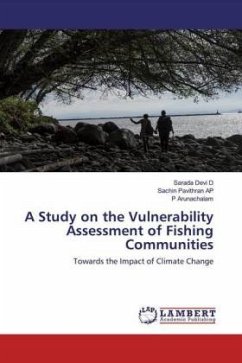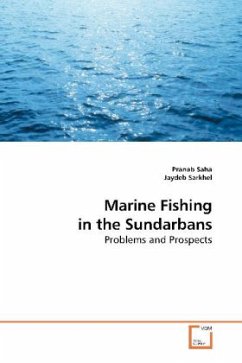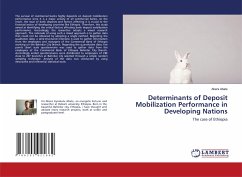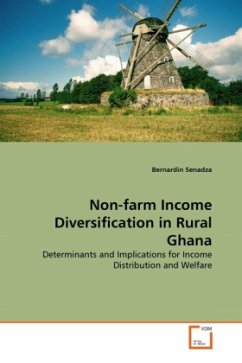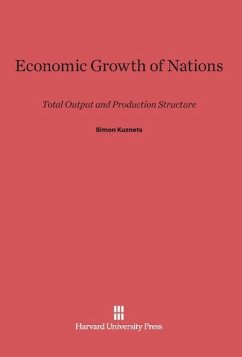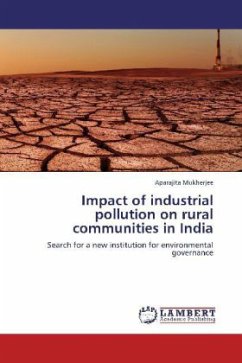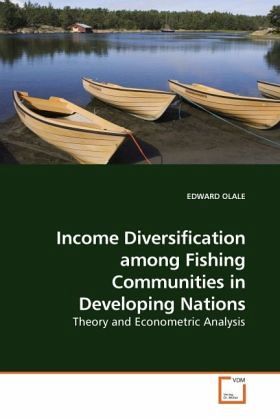
Income Diversification among Fishing Communities in Developing Nations
Theory and Econometric Analysis
Versandkostenfrei!
Versandfertig in 6-10 Tagen
45,99 €
inkl. MwSt.

PAYBACK Punkte
23 °P sammeln!
Fisheries represent an important component of the renewable natural resources sector in many developing countries. Regardless of this key role, fishing communities in developing countries remain among the poorest. Two reasons may explain the high rate of poverty: declining fish resources; and lack of access to alternative income-generating opportunities. It may be contended that it is the lack of access to alternative income-generating opportunities which is the principal cause of poverty among the fishing communities, rather than the declining fish resources per se. As a result, this book inv...
Fisheries represent an important component of the renewable natural resources sector in many developing countries. Regardless of this key role, fishing communities in developing countries remain among the poorest. Two reasons may explain the high rate of poverty: declining fish resources; and lack of access to alternative income-generating opportunities. It may be contended that it is the lack of access to alternative income-generating opportunities which is the principal cause of poverty among the fishing communities, rather than the declining fish resources per se. As a result, this book investigates the degree, determinants and welfare impacts of income diversification among the fishing communities, with a focus on those living on the Kenyan shores of Lake Victoria. The results suggest that around 26 percent of fish workers diversify income. In addition, individual characteristics, fish work characteristics, locational factors, barriers to income diversification and variability of fish income explain income diversification behaviour of fish workers. The results also show that income diversification improves the welfare of the fish workers, through higher incomes.



